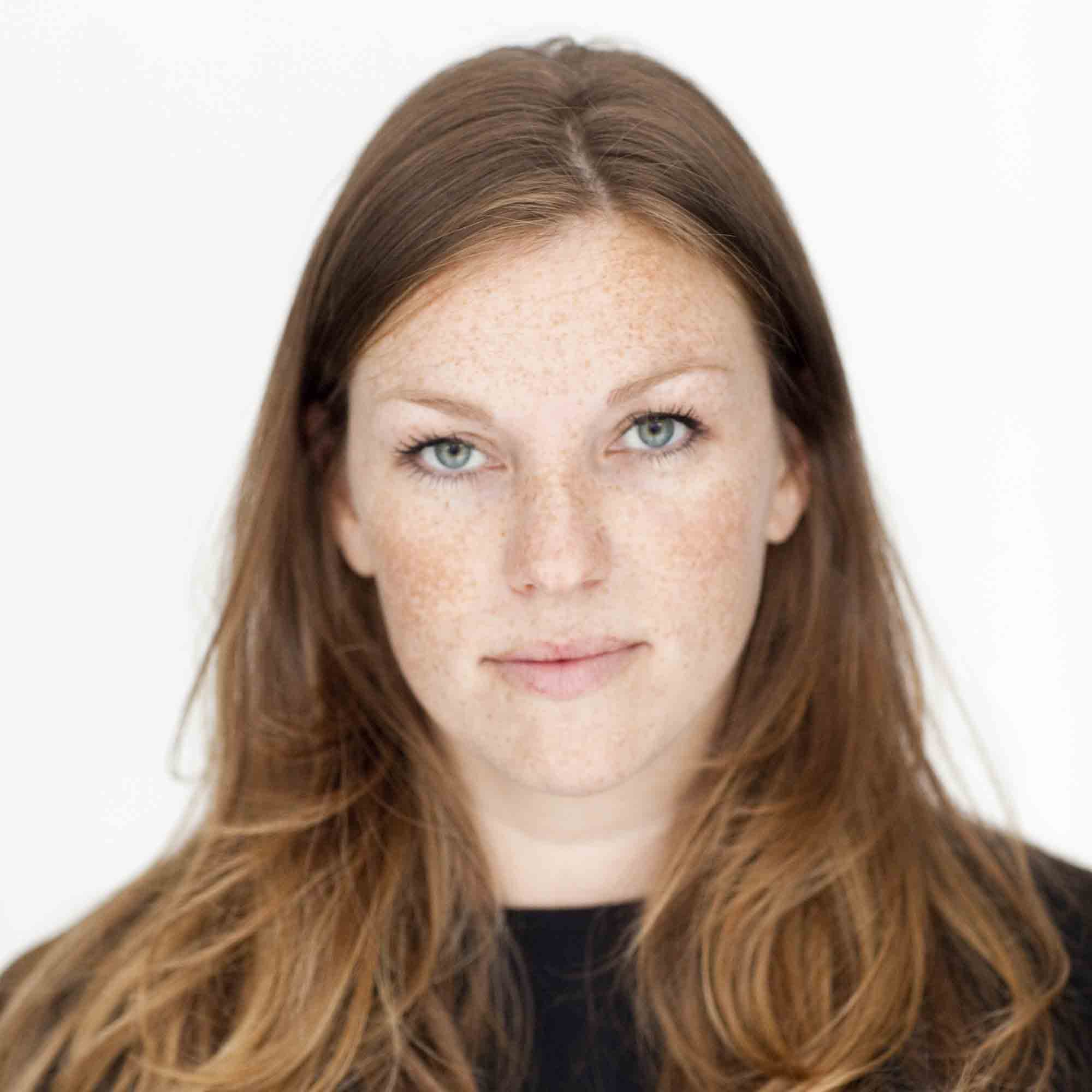Research Project Description
Contemporary works of art need to be regularly re-installed or re-performed in order to survive, otherwise knowledge about them will get lost. When conservation of a work of art is performed to ensure the possibility of its future presentation, this happens, in most cases, within the context of an exhibition – in a particular site, together with other works of art, selected to present an idea, a theme or an issue. However, so far, projects investigating and formulating strategies for conservation of contemporary works of art focus on the isolated work even when including documentation of past moments of display. The objective of this investigation is to determine the role of exhibitions in the preservation of contemporary art. This PhD project approaches conservation of contemporary art through documentation of exhibitions based on the premise that by establishing new conceptual and visual connections and enhancing specific physical and immaterial aspects of art works, exhibitions produce meanings that keep art works relevant for different audiences at different times, thus contributing to its conservation.
The methodology involves researching exhibition related documents in museums and galleries as well as in archives of artists, curators and critics: floor plans, visual recordings (photographs and videos), letters exchanged between curators and artists; different agents involved in the organization of selected exhibitions will be interviewed; reception will be also taken into account by examining both published professional criticism and audience involvement in social networks. Case studies will focus on: renewed museum collections exhibitions, revisited and restaged historical exhibitions, reconfigurations of travelling exhibitions in distinct venues.
Researcher
Panda de Haan
Home Institution
Faculty of Fine Arts
University of Porto
Porto, Portugal
Supervisor
Dr. Lúcia Almeida Matos, University of Porto


